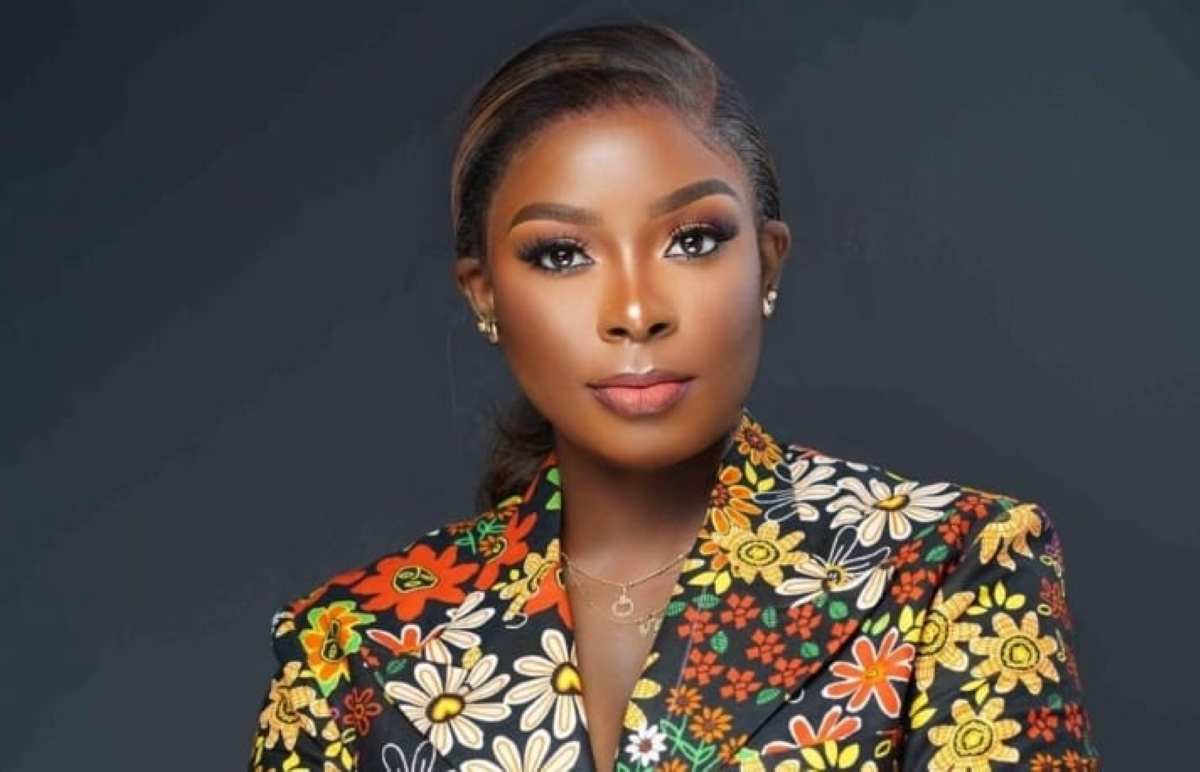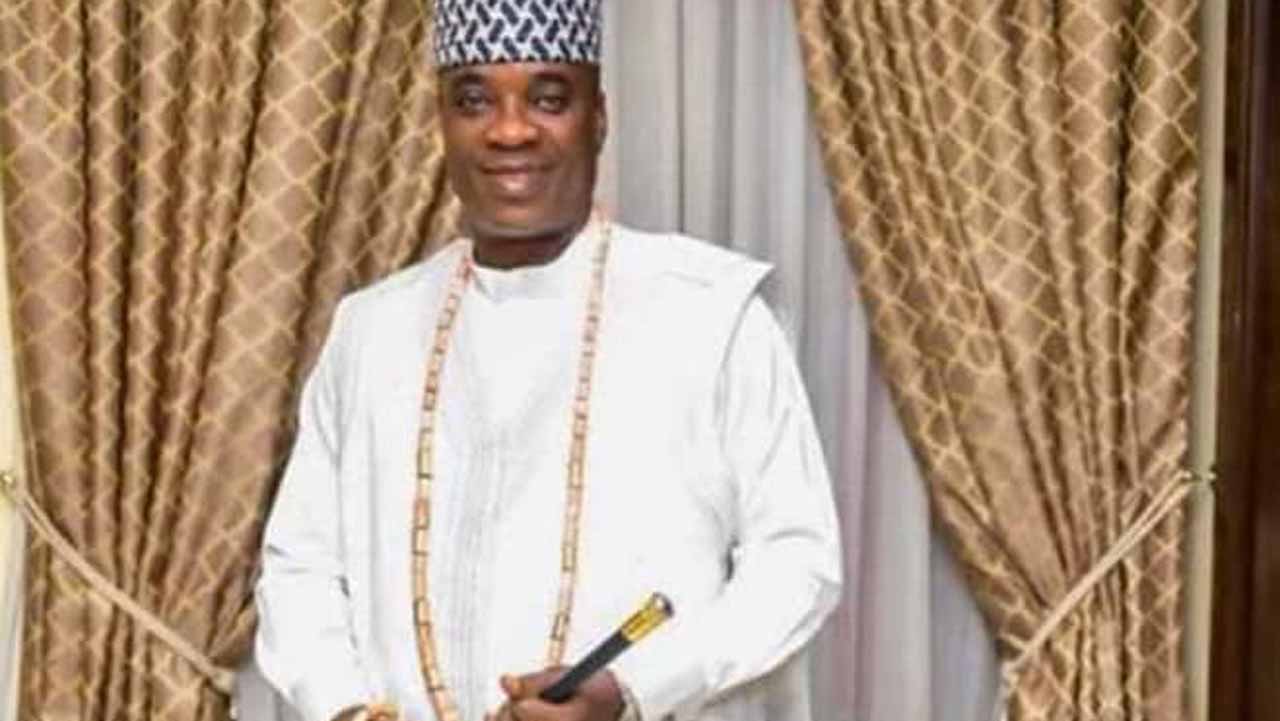
THE report of media coverage of 2015 elections for January 2015 jointly carried out by the Nigerian Press Council (NPC) and the International Press Centre (IPC) was launched in Lagos last week.
Speaking at the event, Director IPC, Lanre Arogundade noted that the Nigerian public continues to look up to the media for credible information on the 2015 elections, which to him is not a misplaced expectation since the media is expected to disseminate truthful, factual and accurate information on the election process in line with its responsibility as the watch dog of society.
“On this basis and armed with information from diverse sources, especially the social media, the online media, the foreign media to which they now have ready access, the public is daily subjecting the Nigerian media, especially the conventional ones – newspapers, Radio and TV – to scrutiny on the basis of its performance ahead the 2015 elections.”
He further said the audiences that the media now address are much more critical and can easily read between the lines. “A morning visit to the newspaper stands in any part of Nigeria will provide evidence of this fact.
“The electoral law, the code of ethics of Nigerian journalists and the Nigerian Media Code of Election Coverage also impose important social obligations on the media, including the need to provide equitable access to parties and candidates, the need to project the voices of underrepresented groups including women, youths and persons living with disabilities, the need to shun hate and inciting speech, the need to reject offensive advertorials, the need to be professional and ethical at all times and the need to accord higher priority to the public interest as against narrow interests”.
According to Arogundade, it was against this background that the Nigerian Press Council (NPC) and the International Press Centre (IPC) with the support of the United Nations Development Programme’s Democratic Governance for Development Project (UNDP-DGDIII) and its partners including the EU, the UK AID, the Canadian Department for Foreign Affairs, Trade and Development (DFTAD) and the UNDP, have been monitoring select national and regional newspapers, online media and social media platforms since November last year.
Also commenting at the launch, Executive Secretary of NPC, Nnamdi Njemanze, stated that the monitoring effort, which started since November was an important milestone. Some of the observations and recommendations of the fallout of the media platforms monitored include “The coverage and reportage of the parties contesting elections are not as equitable as it should be. It is recommended that the newspapers should give greater reflection to the campaign issues of all the political parties irrespective of size and resources. Few of the monitored newspapers performed fairly well in projecting female political voices but the majority did not do enough for the female politicians during the period. It is recommended that the newspapers should grant more access to female candidates in particular and female politicians in general.
“The newspapers were found to have shown commendable concern for the conduct of peaceful polls by giving adequate attention to early warning signals on possible outbreaks of violence especially on conflict issues and in conflict prone areas.
“The national, regional and online media demonstrated commendable sensitivity to the public interest by giving prominence to the complaints and demand of the citizen and groups as directed at INEC. The dominant issues during the period were of course the right of all citizens to vote, the distribution of the PVCs, the shift of the elections. At the same time, the newspapers exercised required oversight on the Election Management Body (EMB) by highlighting its responses to the complaints and demands while they also showed fairness to the body by not ignoring the few commendations it received.”





